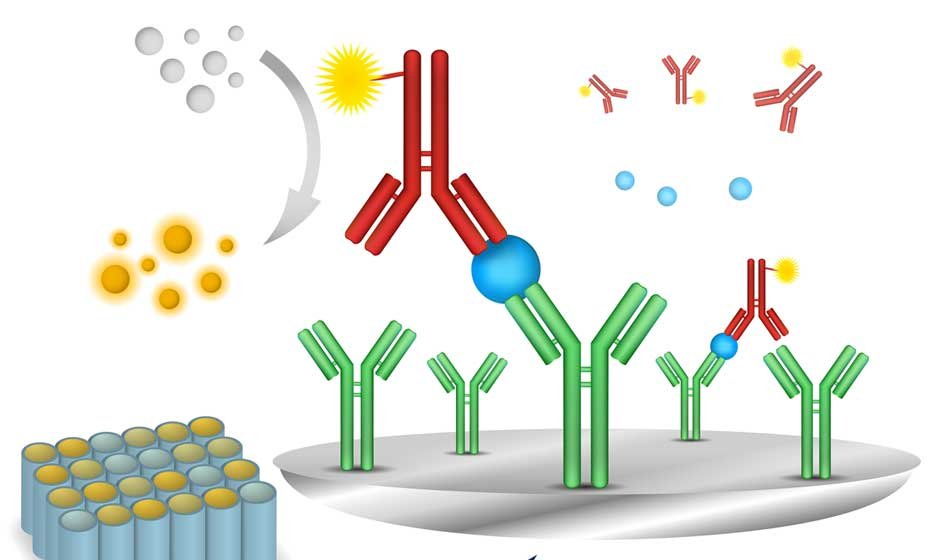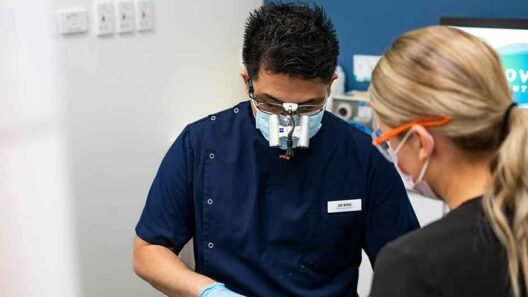Imagine all the effort that goes into preparing your ELISA experiment. Samples are loaded and results are just around the corner, and then there’s trouble… Within seconds your data looks nothing short of a Picasso painting rather than meaningful science. But do not worry. ELISA issues are problems even seasoned researchers experience.
Here’s your troubleshooting toolkit to transform those puzzling results into publication-worthy data.
-
Ensure Proper Plate Washing
Poor washing technique is the silent saboteur of ELISA experiments. Incorrect washing leaves behind unbound antibodies and reagents, yielding false positives that will surely skew your data. To improve: always remember to use a new wash buffer for every round of washes. Never forget that aspiration between washes is a must. Take your time! Your plate washer isn’t just a fancy dishwasher – treat it with respect, and it will return the favor with clean, reliable results.
-
Temperature: Your ELISA’s Best Friend or Worst Enemy
Fluctuating temperatures can turn your carefully organized assay into a biochemical rollercoaster. High incubation temperatures may accelerate reactions unpredictably, whereas cold conditions will stop everything in its tracks. To avoid this, maintain uniform temperatures all through the procedure, and allow room temperature for your reagents before use. Your ELISA plates prefer stability over surprises.
-
Timing Is Everything (Seriously!)
To carry out ELISA tests, one has to follow the protocols exactly as written; there is no room for improvisation. Straying from set incubation durations, even by a few minutes, can severely impact your results. So, set multiple timers and shuffle throughout the plate while ensuring movement is synchronized between wells. That five minutes spent browsing your social media page can shift your result from refined dose – response curves to disorganized scatter plots.
-
Quality Control: Your Data’s Guardian Angel
Skipping controls is like driving blindfolded – you might reach your destination, but probably not safely. Always include positive controls, negative controls, and blanks. These aren’t just protocol padding; they are your early warning system for assay failure. If your controls aren’t behaving as expected, investigate before proceeding with sample analysis.
-
Sample Preparation: The Foundation of Success
Poorly prepared samples are like trying to build a house on quicksand. Ensure proper dilution, avoid freeze-thaw cycles, and store samples correctly. Hemolyzed, lipemic, or contaminated samples will sabotage even the most robust assay. When in doubt, prepare fresh samples or optimize your storage conditions.
-
Reagent Reality Check
Expired or improperly stored reagents are ELISA assassins. Check expiration dates religiously, store reagents according to manufacturer specifications, and prepare working solutions fresh when possible. That antibody solution sitting on your bench since last Tuesday? It’s probably not doing you any favors.
-
Standard Curve Scrutiny
Your standard curve is your assay’s backbone – without a proper curve, quantification becomes guesswork. Ensure serial dilutions are accurate, include sufficient standard concentrations, and verify your curve’s R-squared value meets acceptable criteria. A wonky standard curve will propagate errors throughout your entire dataset.
Conclusion: Transform Frustration into Success
ELISA troubleshooting doesn’t have to be a nightmare. By systematically addressing these seven common culprits, you will develop the detective skills necessary to diagnose and fix assay problems quickly. Remember, every failed experiment is a learning opportunity disguised as frustration.
Visit Mybiosource’s comprehensive ELISA resource center to explore our extensive collection of high-quality antibodies, kits, and troubleshooting guides that will elevate your research from good to exceptional.













